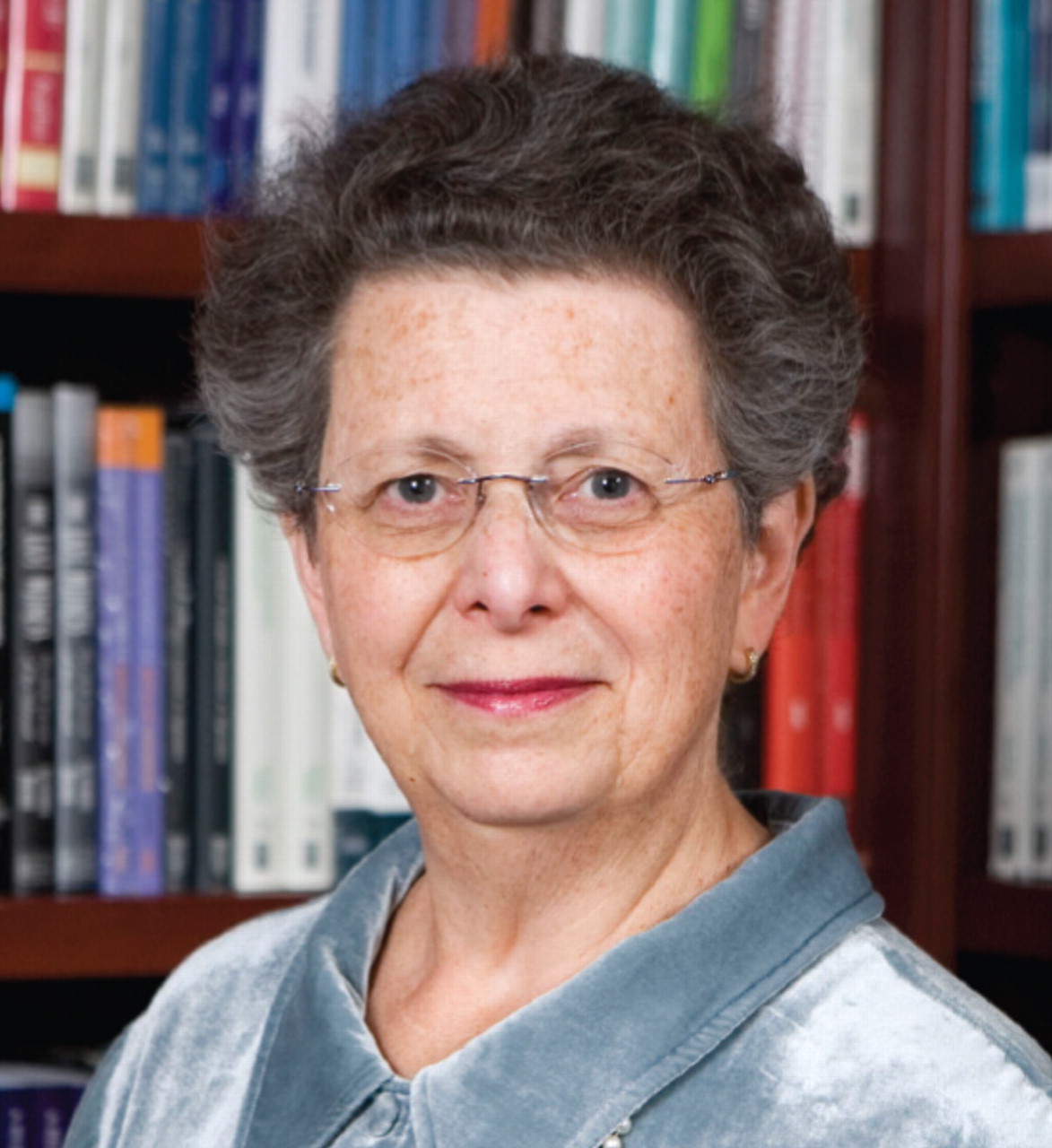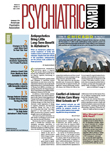I am 64 years old. I didn't have to walk a mile to school in the snow, study by the light of the fireplace, or milk the cows at 4 a.m., but some things were different in “my day.” When I was in medical school, internship, and residency, family responsibilities were supposed to be delayed until after training was completed, and then seen to by the nonmedical spouse (in other words, wife). Medicine was meant to be not just a job, not even just a profession, but a life. Women who applied to medical school were warned that we would get married and waste our medical training. If admitted to medical school (there were four women in my class), we often had to prove we deserved to be there. Women physicians who had children were accused of neglecting them, and women physicians who didn't were assumed to have unconscious resistance to femininity. Fathers bragged that they had never changed a diaper.
My husband and I got married shortly before I started medical school. We agreed to share household chores. Our first daughter's birth was carefully timed for my “off” quarter in medical school; over the next nine years, we had three more daughters. With parenthood came years of joy, guilt, conflict, and negotiation. As our children were born and grew up, I spent time as a medical student, intern, resident, stay-at-home mom, part-time worker, and full-time worker.
One of our daughters is a physician. No one told her that women shouldn't go to medical school. She had reasonable maternity leave from her university medical center, but there is no provision for part-time work. Child care is harder to find and more expensive than when she was a little girl. The nanny does not do laundry or clean the house or cook meals. There is no school bus for her 5-year-old. As in many families, her husband is much more comfortable with diapers, babies in front carriers, and laundry than the men of my generation, but she still carries most of the responsibility for the house and children. In many ways, her life is harder than mine was. Here are some of the suggestions I have given her:
•
Recognize that medicine and caring for dependent loved ones are each 24/7 and demanding roles. Something is always going to have to give—within each role and between roles. That's life.
•
Feeling guilty does not help anybody; in fact, it is harmful. When you have a conflict (important meeting versus your child's championship game), do your best to choose one or the other. If you regret your choice afterward, do it differently the next time.
•
If you have a partner, negotiate. Examine every assumption about who should do what. Each person should do what he or she is best at, and the remaining undesirable tasks should be divided or rotated. Don't apologize to your children; they can and should help.
•
Get paid help. What do you really need to do, and what can you pay someone to do? Is it really quality time with your family when you drive the carpool? Making some time to work uninterrupted or relax is an investment in yourself and your family. That is particularly difficult for those of you who graduate from medical school with heavy debt loads. That's unacceptable, and we're working on it.
•
Have realistic standards. Perfectionism is your enemy. Organization is your friend. So what if your house is messy or you don't read every word of every professional journal? What really matters? Fast food doesn't have to be bad food. An exhausted parent poses more risk to a child than the occasional pizza. Even McDonald's has low-fat milk, fruit, and salads. Kids actually prefer cupcakes from the store to the ones you make at midnight.
•
Invest in your career even if you are working part time. Maintain your memberships in professional associations, attend meetings, develop networks. You may not make major financial contributions to the family for a while, but you will be prepared when it's time to send your children to college.
•
Don't accept arbitrary limitations. Do what you love, whether it's having children or doing research and working your way up the academic ladder.
•
Somebody will find fault with whatever choices you make. That's fine; it proves there is no one “right” choice.
•
In airplanes they tell us “put on your oxygen mask first.” You can't help anybody else if you don't take care of yourself. ▪

